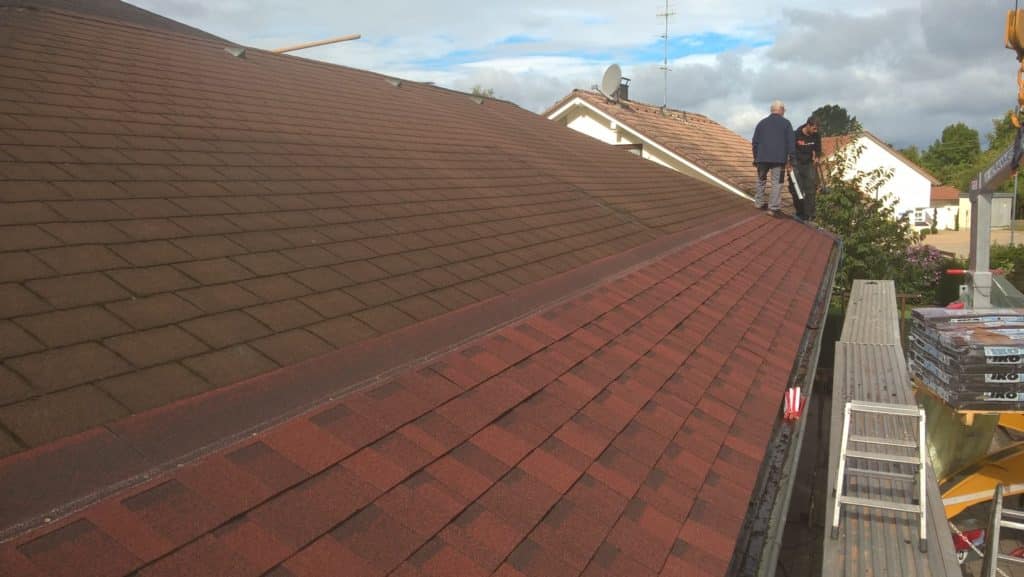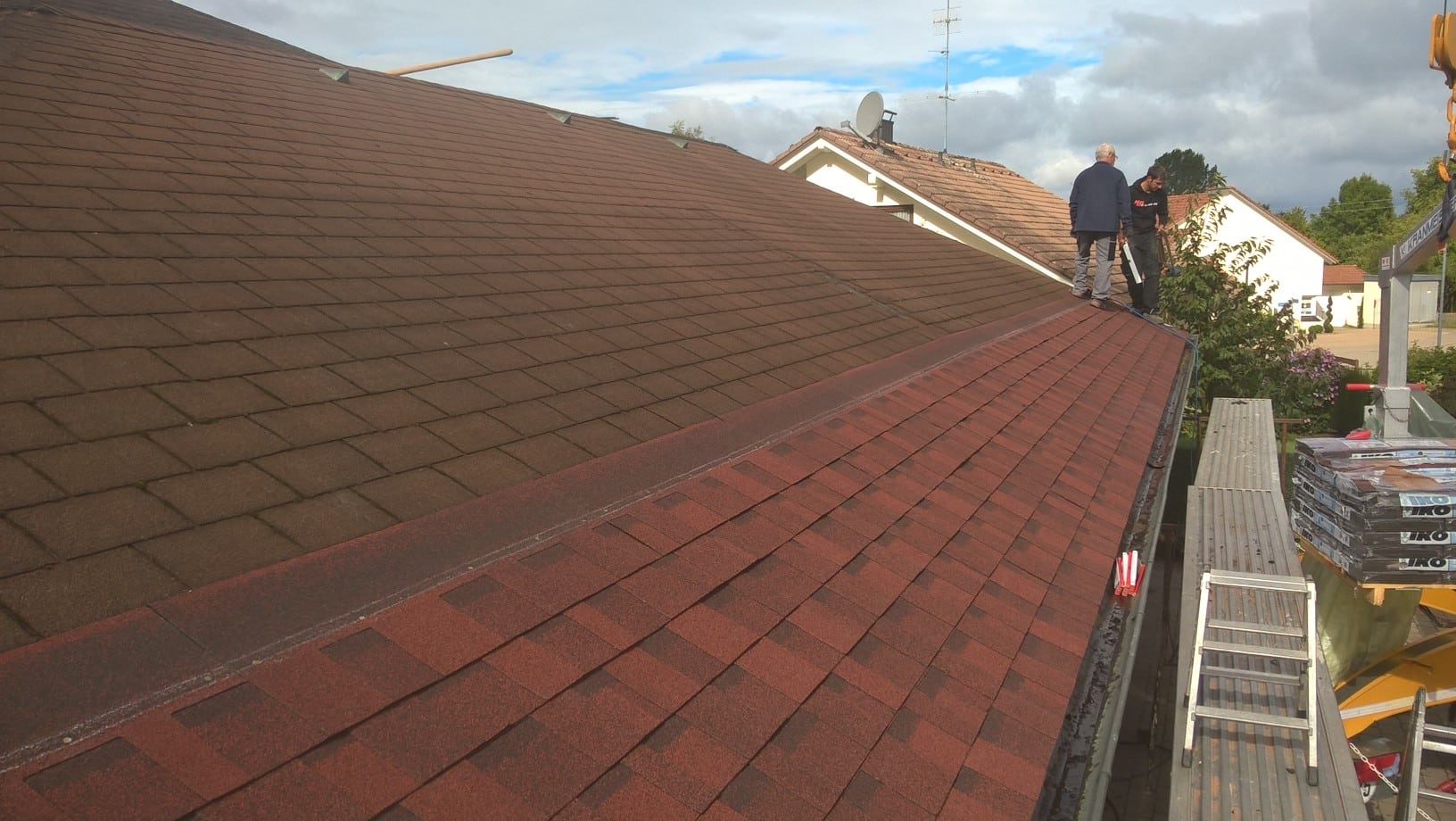
How to Roof Over Existing Shingles: A Comprehensive Guide
When it’s time to give your home a much-needed roof makeover, you might be wondering about the most efficient and cost-effective way to do it. One option gaining popularity in Helena and many other places is to roof over existing shingles. This method can save you time, money, and a lot of hassle compared to a complete tear-off and replacement. In this article, we will explore the benefits and steps involved in roofing over existing shingles, as well as provide you with some valuable tips for success.
Benefits of Roofing Over Existing Shingles:
- Cost Savings: Roofing over existing shingles can be a more budget-friendly option compared to a full tear-off. You’ll save on labor, disposal fees, and the materials required for the new underlayment.
- Time Efficiency: Tear-off and replacement can be a time-consuming process. Roofing over existing shingles typically takes less time, reducing the disruption to your daily life.
- Eco-Friendly: By avoiding the removal of old shingles, you contribute to a more sustainable roofing process by reducing the waste sent to landfills.
- Insulation: The added layer of shingles can provide extra insulation, which can improve energy efficiency in your home.
Steps to Roof Over Existing Shingles:
- Inspection and Preparation:Before you start, inspect the existing shingles for any damage or issues that need to be addressed. Ensure there are no underlying problems that need fixing, such as rot or mold. Replace or repair any damaged shingles or decking.
- Obtain Necessary Permits: Contact your local building department to check if any permits are required for roofing over existing shingles. Compliance with local regulations is crucial to avoid potential issues down the road.
- Choose the Right Materials: Select the type of shingles you want to install and gather the necessary materials, including roofing nails, underlayment, flashing, and other accessories.
- Installation:
- a. Clean the Roof: Remove any debris or loose materials from the existing shingles.
- b. Install Underlayment: Lay down an underlayment as an additional moisture barrier. This is essential for preventing leaks and ensuring a longer lifespan for your new roof.
- c. Flashing: Properly install flashing around roof penetrations, such as vents and chimneys, to prevent water infiltration.
- d. Shingle Installation: Begin installing the new shingles, starting from the bottom and working your way up. Make sure to follow the manufacturer’s instructions for the specific shingle type you’ve chosen.
5. Final Inspection: After completing the installation, thoroughly inspect the new roof for any issues.
Check for proper alignment, flashing, and nail placement.
Tips for a Successful Roof-Over:
- Choose High-Quality Materials: Invest in quality shingles and underlayment to ensure your new roof lasts for many years.
- Hire a Professional: If you’re not confident in your roofing skills, consider hiring a professional roofer. They have the expertise and experience to do the job right.
- Proper Ventilation: Ensure your roof has adequate ventilation to prevent moisture buildup, which can lead to mold and rot.
- Regular Maintenance: Schedule regular inspections and maintenance to keep your roof in top condition.
Conclusion:
Roofing over existing shingles can be a practical and eco-friendly solution to extend the life of your roof. However, it’s essential to follow the necessary steps, use quality materials, and ensure proper installation for a successful project. Whether you decide to take on the job yourself or hire a professional, remember that a well-maintained roof is crucial for protecting your home from the elements and ensuring its longevity. If you’re considering roofing over existing shingles in Helena, T & J Xteriors is here to help you with your roofing needs.

